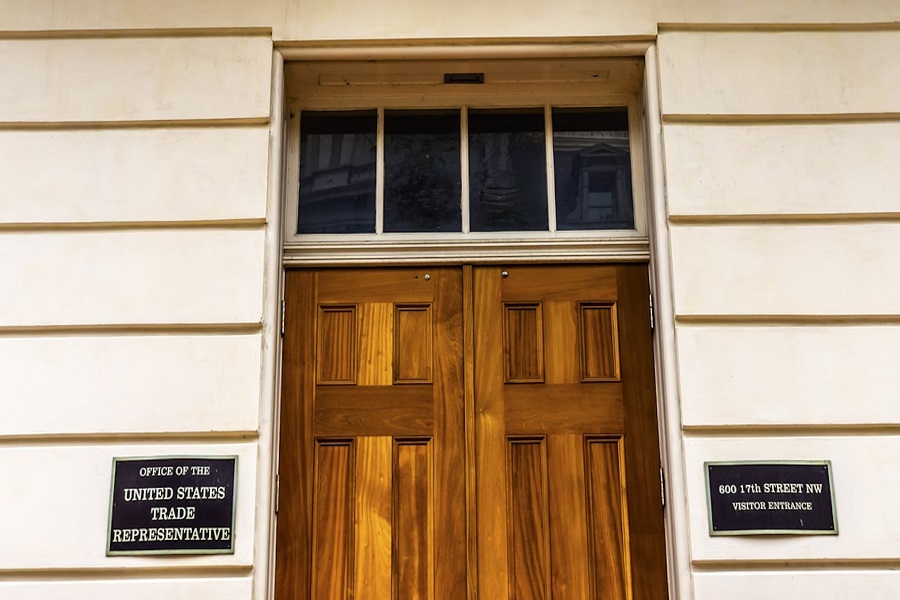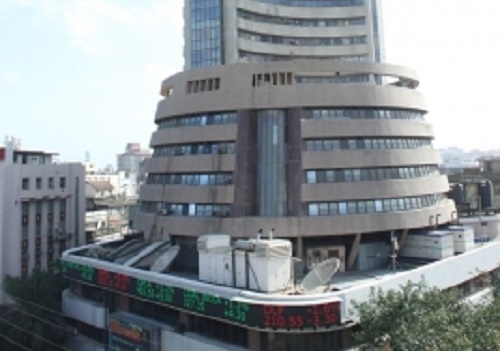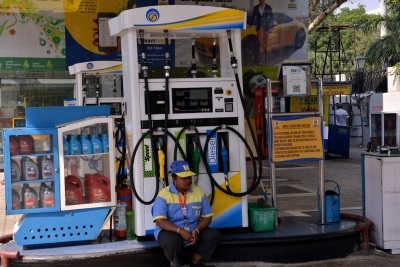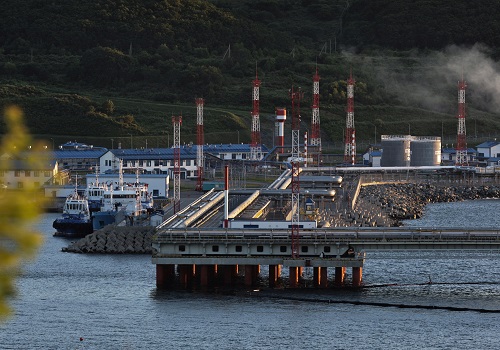Oil rises on supply worries, U.S. summer demand hopes
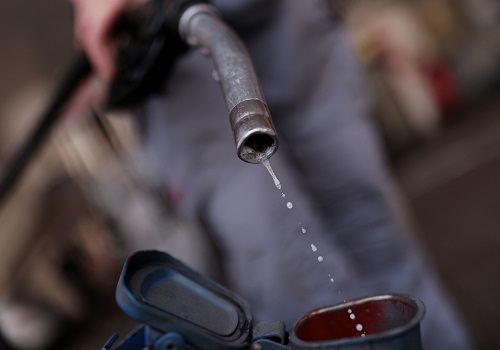
Oil prices edged higher on Tuesday, spurred by worries about political instability in Russia and possible supply disruptions, as well as U.S. demand hopes ahead of the summer driving season.
By 0041 GMT, Brent crude futures had climbed 37 cents to $74.55 a barrel, while U.S. West Texas Intermediate (WTI) futures rose 42 cents to $69.79 a barrel. On Monday, Brent had climbed 0.5% and the WTI 0.3%.
A clash between Moscow and Russian mercenary group Wagner was averted on Saturday after the heavily armed mercenaries withdrew from the southern city of Rostov under a deal that halted their rapid advance on the capital.
Following the weekend's events, ANZ analysts said, the complacency among traders about Russian oil continuing to seep into the international market could no longer be assumed to the same extent.
"This is likely to lead to a risk premium being applied to the oil price amid the risk of further civil unrest," they added in a note.
The challenge has fed questions about President Vladimir Putin's grip on power and some concern about possible disruption of Russian oil supply, although loadings have kept on schedule.
Lower supply has already been on investors' minds, after Saudi Arabia's pledge to cut output from July.
"An additional 1 million barrels per day (bpd) unilateral cut by Saudi Arabia, set to take effect in July, coupled with seasonally stronger demand, should help to physically tighten the market in Q3," BMI Research analysts said in a client note.
Fragile market sentiment was likely to cap any price upside, however, they warned.
Oil fell about 3.6% last week on worries that further interest rate hikes by the U.S. Federal Reserve could sap demand as China's economic recovery disappoints investors.
Traders were also watching for signs of a pickup in demand for transport fuels, such as gasoline, in the United States ahead of the peak summer driving season.
"The American Automobile Association estimates 43 million motorists will drive 50 miles or more from their homes this Independence Day weekend. That is 4% more than 2019," the ANZ analysts added.
Global gasoline demand grew by 365,000 bpd year on year, driven by strong U.S. gasoline data, with consumption at an eight-week high of 9.4 million bpd in the week of June 17, JP Morgan analysts said in a note.
A Reuters poll of five analysts showed that both crude and gasoline inventories fell in the week to June 23, after crude stocks fell in the week to June 16.
Official U.S. oil inventory data from the American Petroleum Institute industry group is to be released on Tuesday, followed by the Energy Information Administration the next day. [API/S] [EIA/S]



